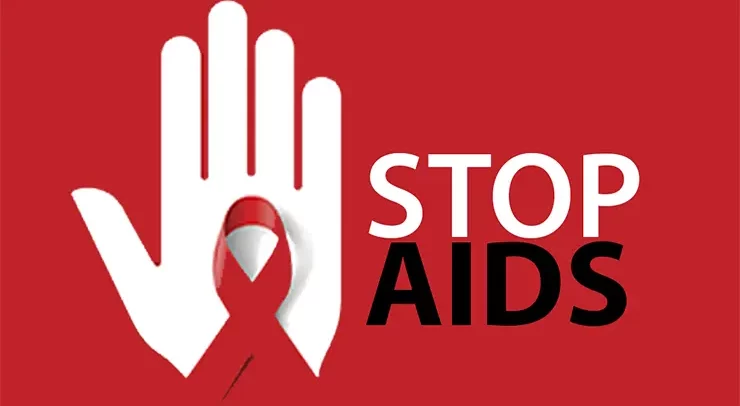From the Ghana AIDS Commission comes a worrying and scary disclosure about the declining patronage of condoms among Ghanaian youth.
Those who laugh off this trend must have a rethink. The reality of the virus and its fallouts cannot be ignored in a society where sex has become a common practice, especially among the youth.
This segment of the population from census figures is large, the reason the trend should attract the attention of all stakeholders.
So rampant is sex among the youth that even Senior High School (SHS) students partake in the adult practice and largely without condoms.
There was a high patronage for condoms a few years ago until recently, and the reason is not farfetched.
The youth seek maximum satisfaction which, according to them, is inhibited by the use of condoms, hence their preference for condom-less encounter.
The AIDS Commission campaign against unprotected sex from all indications has witnessed a downward spiral from its previous impressive high. We do not know whether this is as a result of budgetary constraints from both local and the international community.
Be it as it may and given the effects of AIDS infection, the state must make up for the shortfalls in the budgetary allocations from development partners. This way, the educational campaign among the youth and others will be gingered up.
The Ghana Social Marketing Initiative which saw the wide distribution of condoms gratis over a decade ago made a significant difference in the use of preventive latex.
These days, AIDS as a scary ailment hardly gets no mention in public conversations, putting it erroneously in the bracket of eradicated diseases like small pox and yellow fever.
We were recently told that a vaccine had been developed and already gone through clinical trials.
We can bet that news about the arrival of the vaccines in Ghana will be the end of condom use.
The AIDS Commission and the educational authorities such as the Ghana Education Service should partner for an enhanced campaign on the dangers of unprotected sex.
Churches and mosques, including parents, have pivotal roles to play in this direction because AIDS is real and if stakeholders fold their arms as the irresponsible and unprotected sex prevails, it would not be long before we are confronted with an alarming health challenge.
The situation can be reversed if the previous template which saw condom use on the rise is applied and, as we pointed out, it is about making appropriate budgetary allocation to the AIDS Commission and triggering a productive partnership between the Commission and relevant stakeholders across the country.


